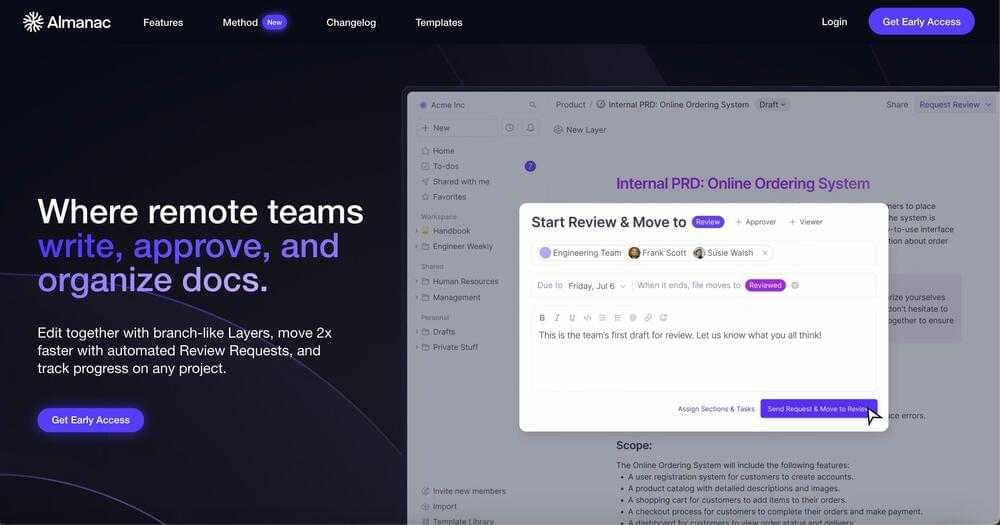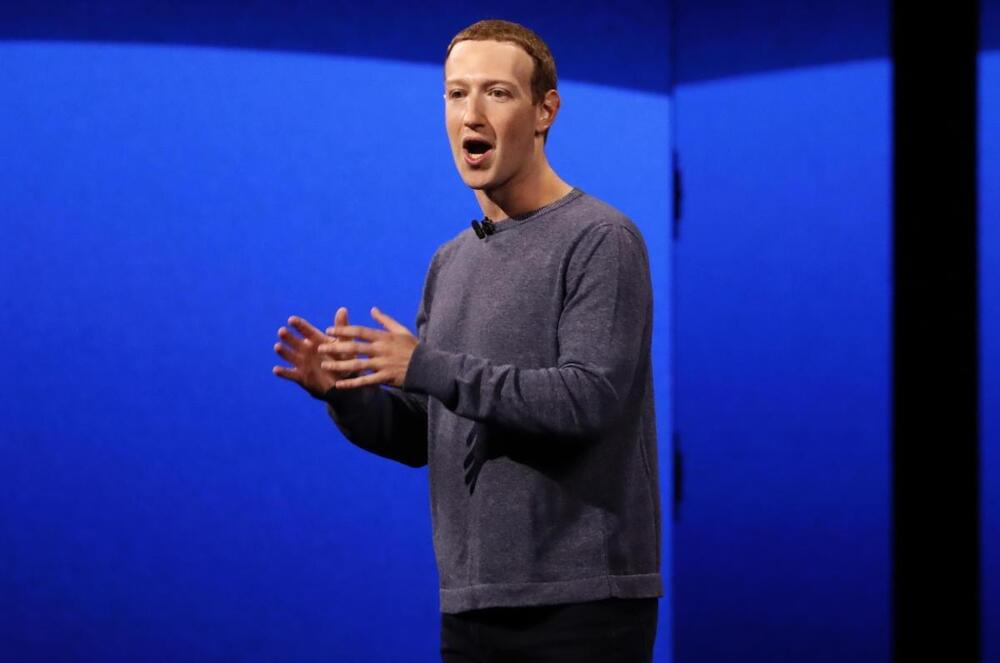Companies are seeking innovative ways to improve collaboration and productivity as remote and hybrid work become more common. Google Workspace has invested in generative AI tools to reduce user workload, but Almanac.
Google Workspace has invested in generative AI tools to reduce user workload, but Almanac, a platform for structured collaboration, believes that getting humans to work better together can increase productivity.
Following a closed beta that included over 1,000 organizations, including Indeed and Cisco, the company is now releasing early access to its platform. Additionally, it provides insight into how businesses can improve collaboration through “The Modern Work Method,” based on interviews with over 5,000 business leaders.







